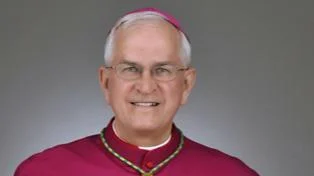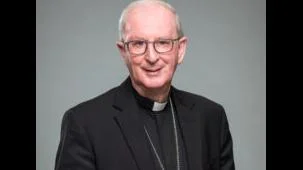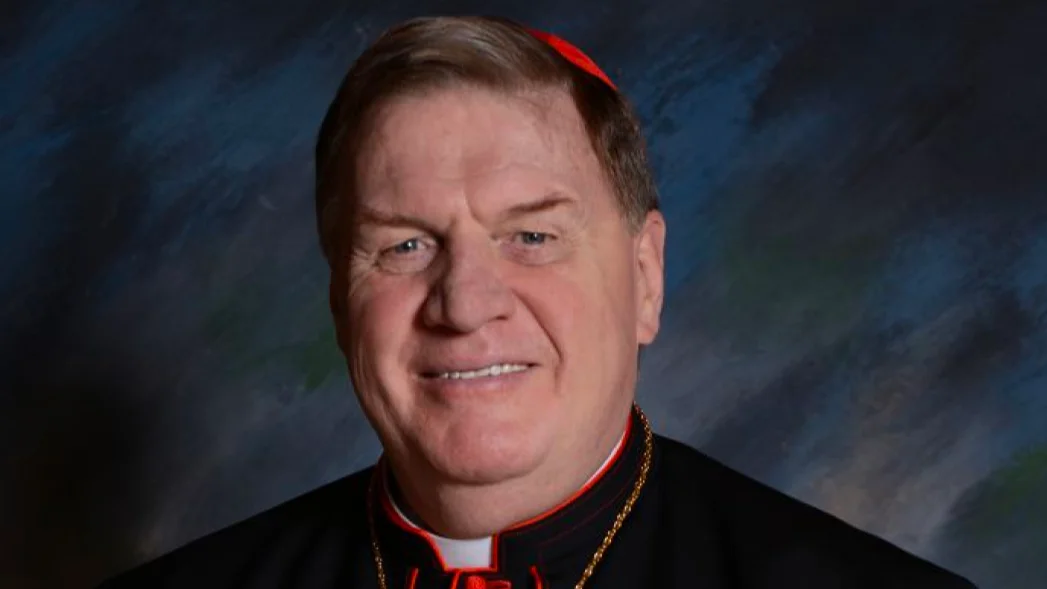
Reverend Joseph E. Kurtz, D.D. Bishop | Archdiocese of Louisville
The ongoing Synod of Bishops on synodality has sparked discussions about the Catholic Church's governance. Bishop Kevin C. Rhoades of Fort Wayne-South Bend, Indiana, emphasized that while decentralization in certain areas is beneficial, it should not extend to church doctrine. Bishop Rhoades, a member of the U.S. bishops’ doctrine committee, expressed concerns about potential doctrinal fragmentation.
"Allowing different bishops’ conferences to teach varying doctrines 'would be disastrous,'" stated Bishop Rhoades during an interview with Catholic News Service on October 16. He noted that such fragmentation would harm the Church's mission and unity in a divided world.
The synod's working document suggests recognizing Episcopal Conferences as ecclesial entities with doctrinal authority, reflecting socio-cultural diversity within the Church. This idea aligns with Pope Francis' 2015 exhortation "Evangelii Gaudium," which called for more contributions from bishops' conferences but acknowledged that their juridical status had not been fully realized.
Bishop Rhoades supports "sound decentralization" as outlined in the synod’s working document and Pope Francis' 2022 apostolic constitution "Praedicate Evangelium." He clarified that this approach does not involve changing doctrine but rather adapting its application to specific cultural contexts through existing synodal structures like parish pastoral councils and diocesan synods.
In the United States, Bishop Rhoades highlighted strong communion between U.S. bishops and Pope Francis regarding human life and dignity protection. Despite differences in emphasis on issues like climate change and immigration in their guidance document "Forming Consciences for Faithful Citizenship," he sees alignment with the pope's priorities.
Abortion remains a significant focus for U.S. bishops following the overturning of Roe v. Wade. Bishop Rhoades remarked, "I think the pope is looking at the whole, and he speaks on behalf of the unborn very strongly but also on behalf of migrants." He affirmed that there is no divergence between U.S. bishops and Pope Francis.






 Alerts Sign-up
Alerts Sign-up